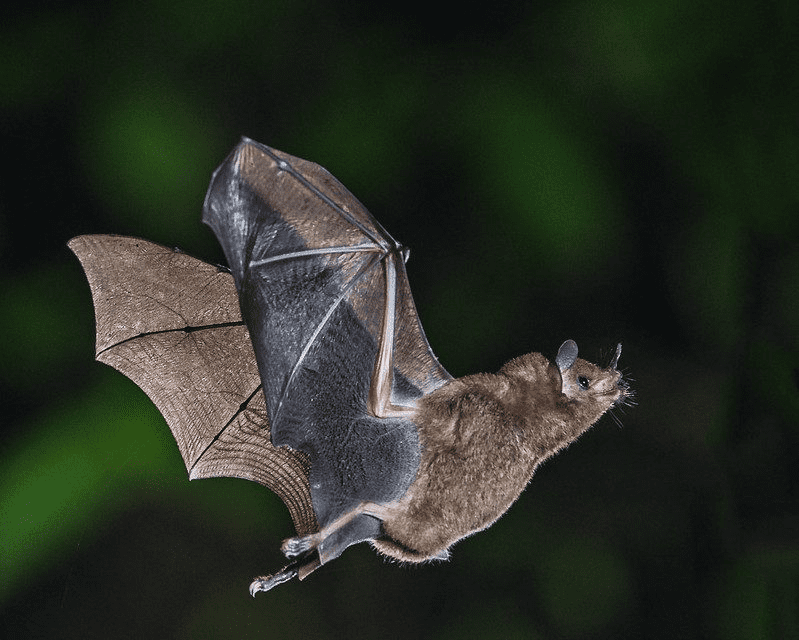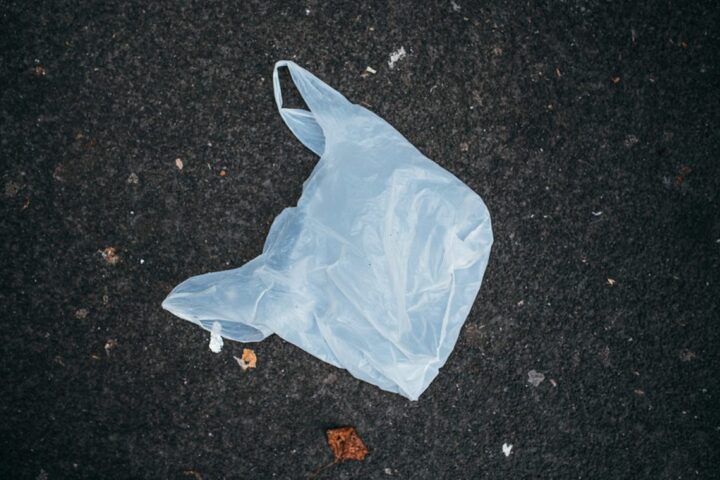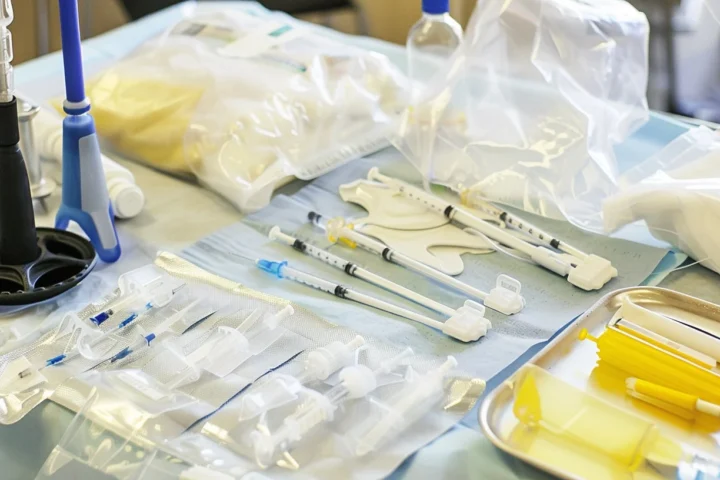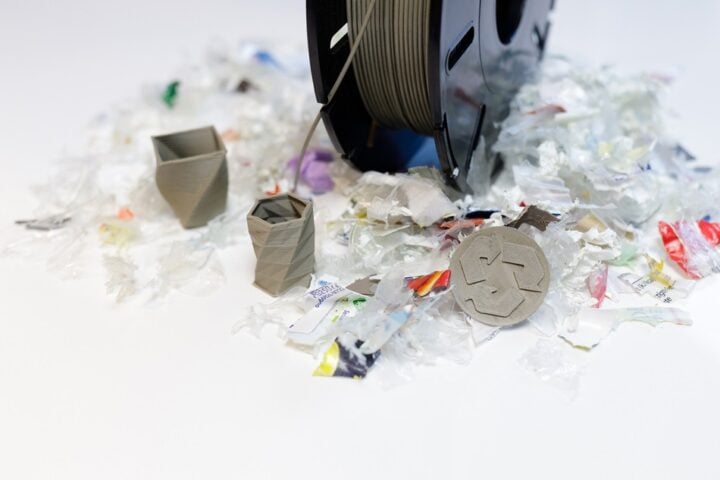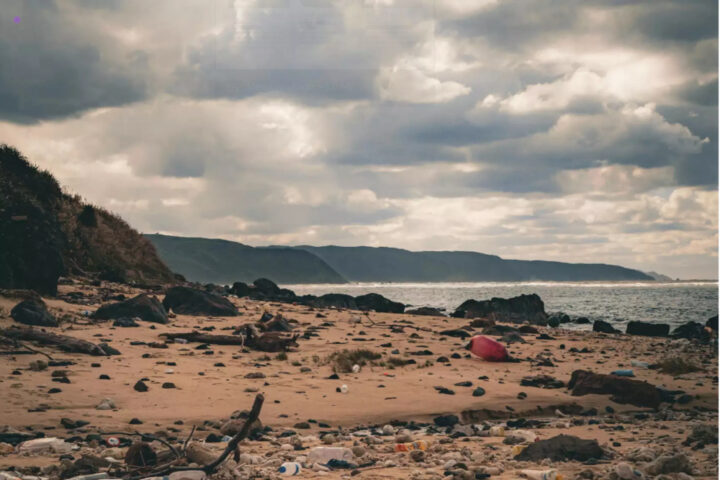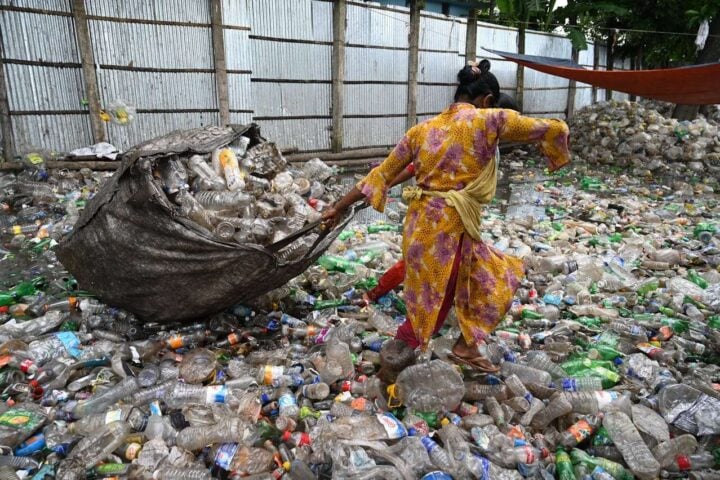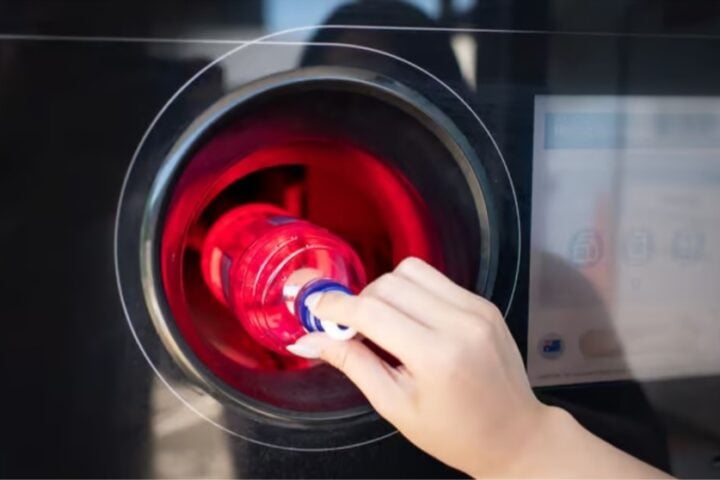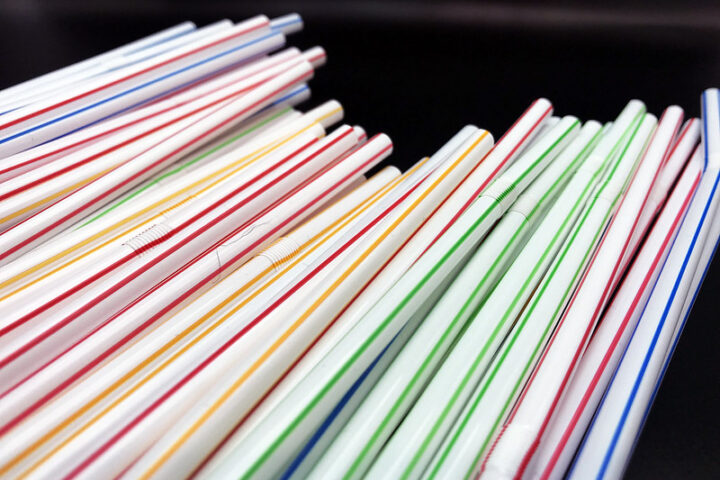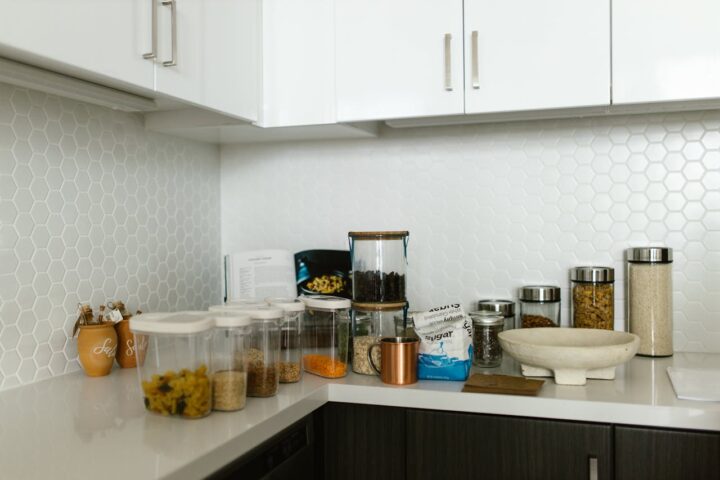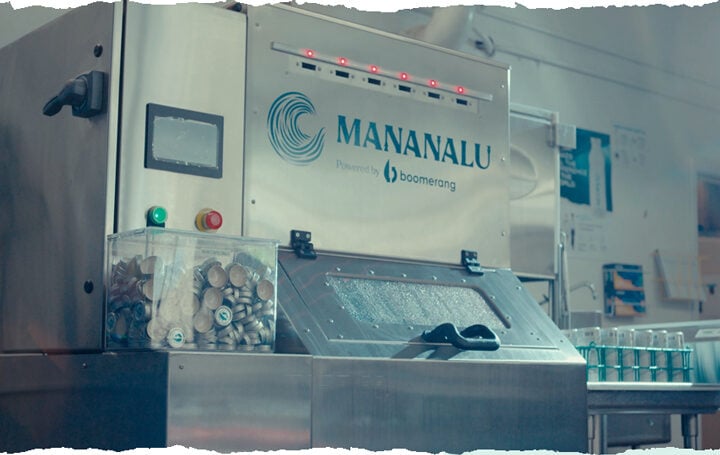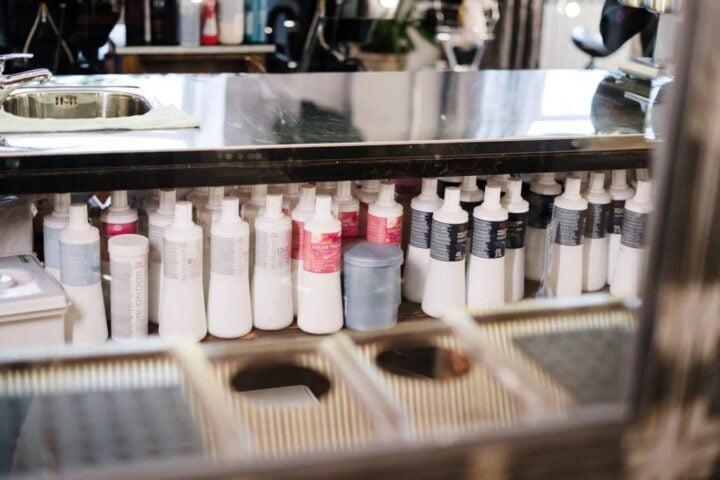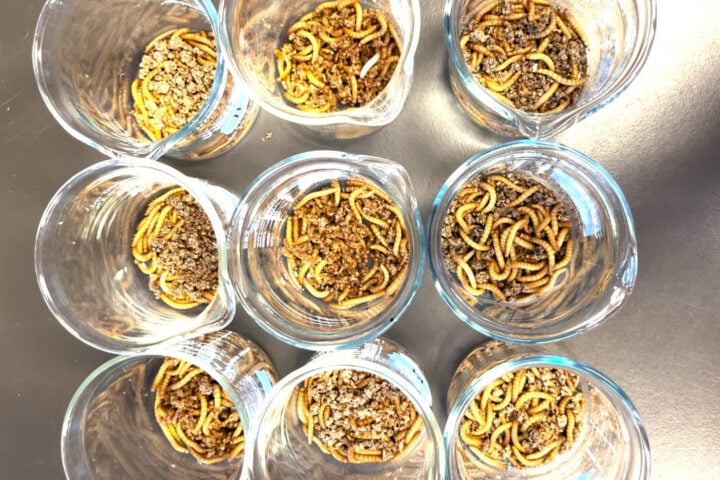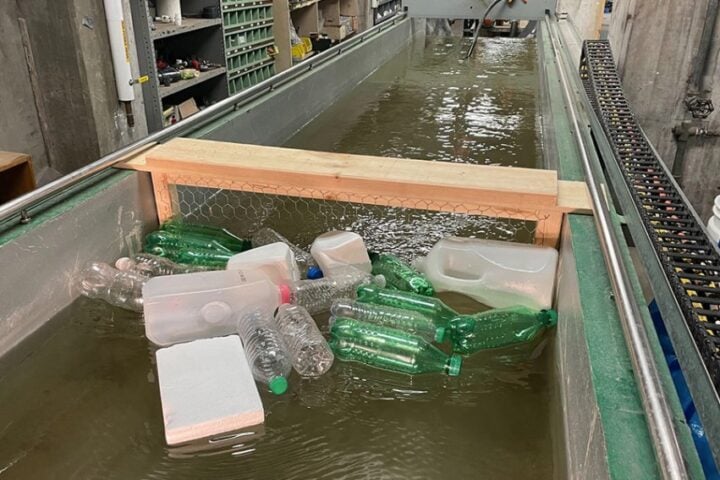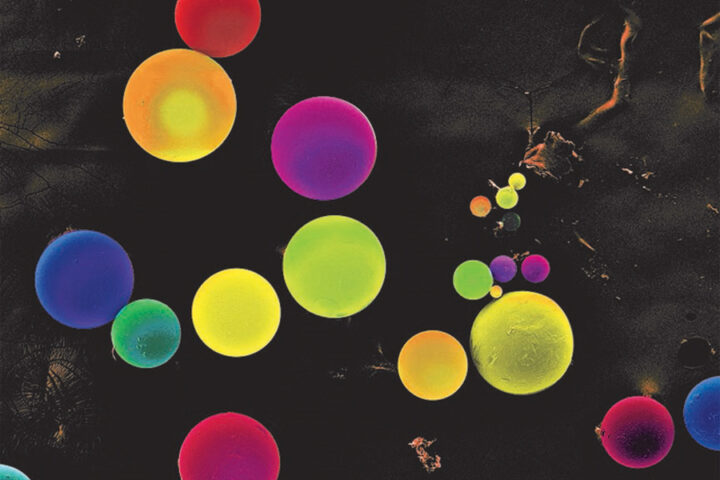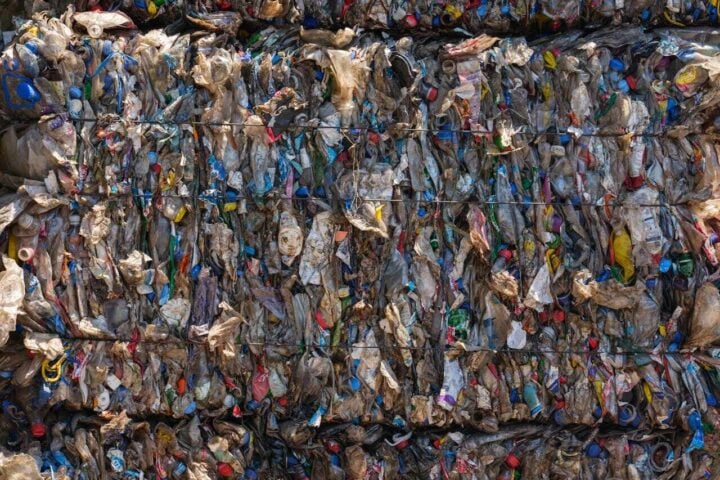In a transformative leap for sustainable materials, Michigan State University (MSU) researchers have recently unveiled a bio-based polymer blend that boasts an impressive capability: it’s compostable both in industrial settings and the cozy confines of your backyard.
The groundbreaking study, helmed by Professor Rafael Auras, a luminary in Packaging Sustainability, appeared in the ACS Sustainable Chemistry & Engineering journal. With a palpable surge in global concerns about plastic waste, the MSU breakthrough offers a timely, hopeful vision for the future.
Professor Auras remarked, “The alarming rates at which plastic waste accumulates necessitate innovative solutions. By creating biodegradable and compostable products, we offer a promising strategy to curb landfill accumulation.” A significant upside is the elimination of cleaning food contaminants from plastics before recycling, a process which often poses logistical and environmental challenges.
Central to the team’s innovation is polylactic acid (PLA), a green favorite derived from plant sugars, not the conventional petroleum. It’s a material that, under the right conditions, transforms into environmentally benign waste byproducts: water, carbon dioxide, and lactic acid.
PLA’s potential in the composting world has always been recognized, but there’s a catch. PLA, in its typical form, degrades optimally under the intense conditions found in industrial composters – something not replicable in home compost setups. The skepticism surrounding home composting of PLA was underscored by doctoral student Pooja Mayekar, “The notion of PLA being compostable at home was once ridiculed. The molecular structure of PLA is such that microbes can’t easily consume it. A preliminary breakdown is essential.”
Similar Post
Tackling this challenge head-on, the MSU team ingeniously incorporated ‘thermoplastic starch’ into the PLA. As Pooja elaborated, “It wasn’t about arbitrarily adding starch. We strived to discover an ideal balance, enhancing PLA’s degradability without sacrificing its inherent qualities.”
Yet, as with any groundbreaking research, there remain realistic concerns. Despite the demonstrated feasibility of this bio-based plastic packaging, its widespread commercial acceptance remains uncertain. As Professor Auras insightfully pointed out, barriers aren’t just technical, but also behavioral and societal. The public must be educated that biodegradable does not equate to instant degradation. Misunderstandings could exacerbate littering issues.
Further, the study doesn’t purport to be a one-size-fits-all remedy for the vast complexities of plastic waste management. “Our research, though pioneering, represents just one angle. There’s no magic bullet to address the entire spectrum of plastic waste,” said Mayekar.
However, in the challenging climate of environmental sustainability, breakthroughs like MSU’s instill hope. It demonstrates the relentless human spirit to innovate, iterate, and improve. With the MSU research providing direction, the future of plastic might just be a little clearer, cleaner, and greener.
Concluding on a note of optimism, Bher from the MSU team mused, “We have access to cutting-edge facilities at MSU. We’re excited about the prospect of actualizing these materials in real-world applications. After all, MSU’s reputation as a leading institution in packaging doesn’t come from nowhere.”
As we stand at the crossroads of sustainability and necessity, MSU’s pioneering research shines a light on one of the many paths forward. A world where plastic leaves no trace might still be a distant dream, but it is studies like these that keep the hope alive, one compostable piece at a time.


